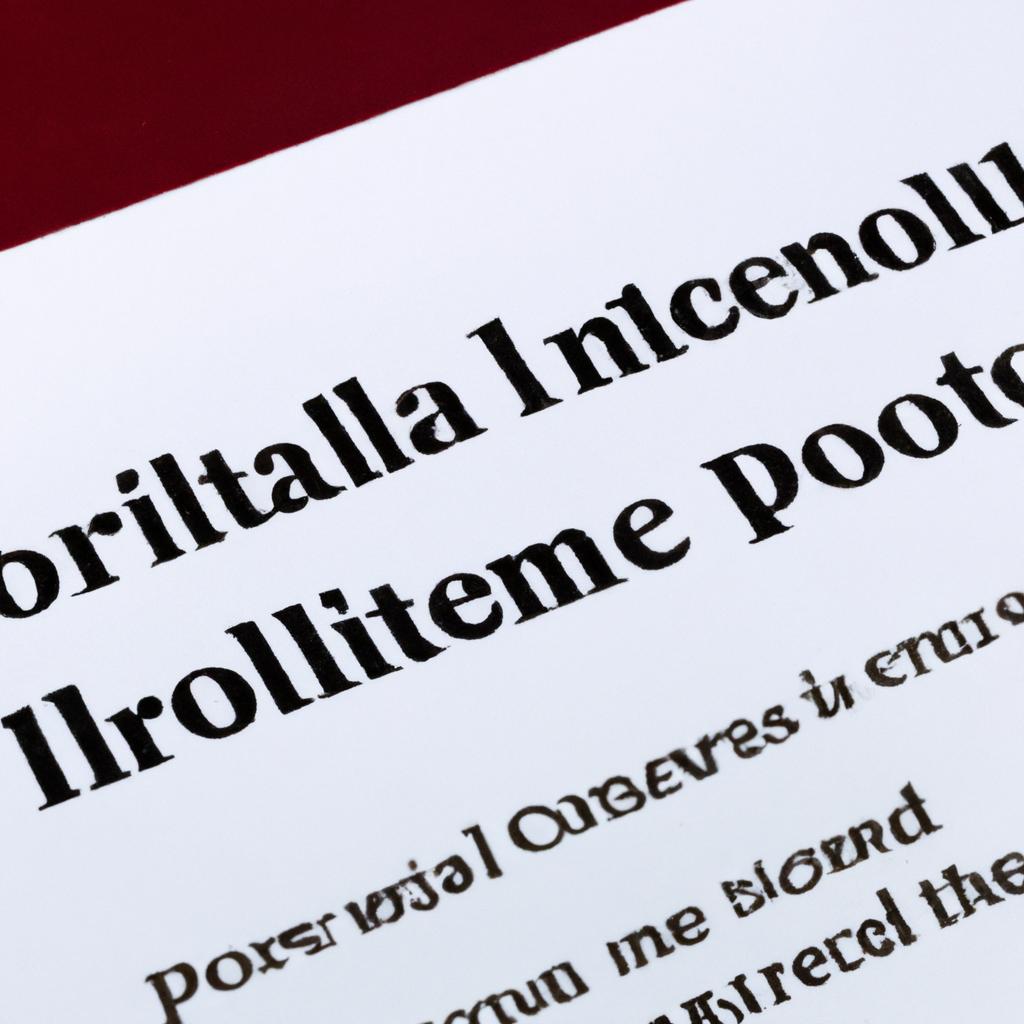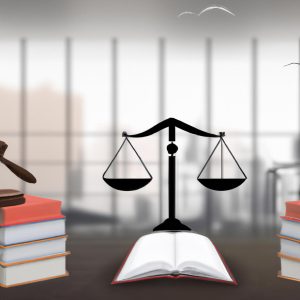Crafting a will is a vital step in securing the future of your loved ones and ensuring your assets are distributed according to your wishes. However, it is equally important to consider what should not be included in your will. As experienced professionals in estate planning at Morgan Legal Group, we understand the complexities and implications of creating a will. In this article, we will discuss the key items that you should never put in your will to avoid any potential legal issues and disputes.
What Items Are Considered Non-Probate Assets?
In estate planning, it is crucial to understand which items are considered non-probate assets. These assets do not pass through probate and are not controlled by the terms of a will. It is essential to identify and properly handle non-probate assets to ensure a smooth transfer of property after death. Some common examples of non-probate assets include:
- Jointly owned property: Property owned with rights of survivorship automatically passes to the surviving owner.
- Beneficiary designations: Assets such as life insurance policies, retirement accounts, and bank accounts with payable-on-death designations go directly to the named beneficiaries.
- Trust assets: Assets held in a trust are distributed according to the terms of the trust, bypassing probate.
| Asset Type | Distribution |
|---|---|
| Jointly owned property | Surviving owner |
| Beneficiary designations | Named beneficiaries |
| Trust assets | As per trust terms |
It is crucial to review and update your estate plan regularly to ensure that all of your assets are properly accounted for. Consulting with an experienced estate planning attorney can help you navigate the complexities of probate and non-probate assets, ensuring your wishes are carried out effectively.

Why Naming a Minor Child as a Beneficiary is Not Recommended
When creating a will, it is important to carefully consider who you choose as beneficiaries. While it may be common to name a child as a beneficiary, naming a minor child can create complications and challenges that can be avoided by choosing a more suitable beneficiary. Here are some reasons :
- Legal complications: A minor child cannot inherit property directly, so naming them as a beneficiary can lead to a complex legal process to establish a trust or guardianship.
- Control and responsibility: Leaving assets directly to a minor child may not ensure that the resources will be managed responsibly until the child reaches adulthood.

Potential Consequences of Including Illegal or Impossible Requests in Your Will
When creating your will, it is crucial to avoid including any illegal or impossible requests that could lead to complications and disputes among your beneficiaries. Such requests can not only prolong the probate process but also result in your estate being distributed in a manner that you did not intend. To ensure that your wishes are carried out smoothly, it is important to understand the potential consequences of including such provisions in your will.
Some include:
- Legal challenges: Illegal requests in a will can lead to legal challenges from disgruntled beneficiaries or interested parties, resulting in costly litigation.
- Voiding of the will: Courts may invalidate a will that contains illegal provisions, potentially leaving your estate to be distributed according to state intestacy laws.
- Confusion and delays: Impossible requests can create confusion among your beneficiaries and delay the distribution of your assets, causing unnecessary stress and tension.

Disinheriting a Spouse: Legal Ramifications and Alternative Options
When it comes to estate planning, it is crucial to carefully consider who you want to include in your will. While disinheriting a spouse is not a decision to be taken lightly, there are legal ramifications to be aware of when choosing to do so. In some jurisdictions, a spouse may have legal rights to claim a portion of the deceased’s estate, even if they are not included in the will. It is important to consult with an experienced attorney to understand the implications of disinheriting a spouse and to explore alternative options.
One important consideration when planning your estate is to ensure that you do not inadvertently leave out important provisions or assets that should have been included in your will. This can lead to confusion, disputes, and potentially costly legal battles for your loved ones. To avoid these issues, it is crucial to work with a knowledgeable attorney to carefully draft your will, ensuring that all of your wishes are clearly stated and legally binding. Additionally, it is important to regularly review and update your will to reflect any changes in your circumstances or relationships.
Q&A
Q: Can I include passwords for my online accounts in my will?
A: No, it is not recommended to include passwords for your online accounts in your will as they may become outdated or change frequently.
Q: Is it a good idea to leave specific instructions for the disposal of my remains in my will?
A: It is better to communicate your wishes regarding the disposal of your remains with your loved ones directly rather than including detailed instructions in your will.
Q: Can I leave conditions on inheritance in my will?
A: While you can certainly specify how you want your assets distributed, it is not advisable to place unreasonable conditions on inheritance as it can lead to legal challenges.
Q: Is it okay to leave controversial or offensive statements in my will?
A: It is best to refrain from including controversial or offensive statements in your will, as they may cause unnecessary tension among your loved ones.
Q: Can I leave all my assets to my pet in my will?
A: While you can certainly make provisions for the care of your pet in your will, leaving all your assets to your pet may not be legally enforceable. It is recommended to consult with an attorney when making such decisions.
The Conclusion
In conclusion, when it comes to drafting your will, it’s important to carefully consider what you include and what you leave out. While there are many things you may want to include to ensure your wishes are carried out, there are also certain items that are best left unsaid. By avoiding the pitfalls of including inappropriate or unenforceable provisions, you can help ensure that your final wishes are carried out smoothly and efficiently. So remember, when it comes to your will, sometimes it’s just as important to know what not to include as it is to know what should be included.










